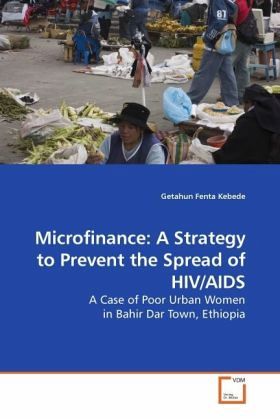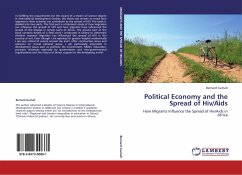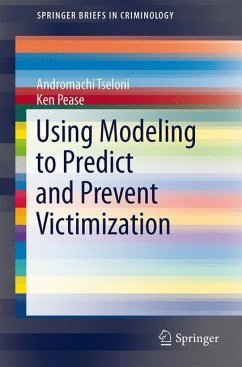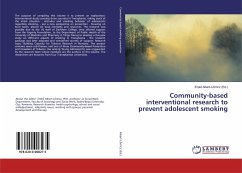
Microfinance: A Strategy to Prevent the Spread of HIV/AIDS
A Case of Poor Urban Women in Bahir Dar Town, Ethiopia
Versandkostenfrei!
Versandfertig in 6-10 Tagen
32,99 €
inkl. MwSt.

PAYBACK Punkte
16 °P sammeln!
This book aims to examine the contribution of microfinance in empowering poor urban women and thereby protecting themselves from HIV/AIDS. It also investigates the role played by microfinance services in creating awareness about HIV/AIDS among program participants and service delivery to people living with HIV/AIDS. This book reveals that microfinance has contributed positively in the process of addressing and empowering poor urban women. Despite its encouraging contribution in changing the position of women, the Amhara Credit and Saving Institution (ACSI) did little in directly addressing HIV...
This book aims to examine the contribution of microfinance in empowering poor urban women and thereby protecting themselves from HIV/AIDS. It also investigates the role played by microfinance services in creating awareness about HIV/AIDS among program participants and service delivery to people living with HIV/AIDS. This book reveals that microfinance has contributed positively in the process of addressing and empowering poor urban women. Despite its encouraging contribution in changing the position of women, the Amhara Credit and Saving Institution (ACSI) did little in directly addressing HIV/AIDS problems of its clients, staff and the society at large. The microfinance institution failed to address the problem of HIV/AIDS through education and information using its solidarity groups and outreach channels. ACSI does not have a policy of its own pertaining to HIV/AIDS issues. It did not assess the impact of the pandemic on its clients and staff. Except the productive and active poor, there is no mechanism used by ACSI to make people living with HIV/AIDS beneficiaries of the microfinance products.












